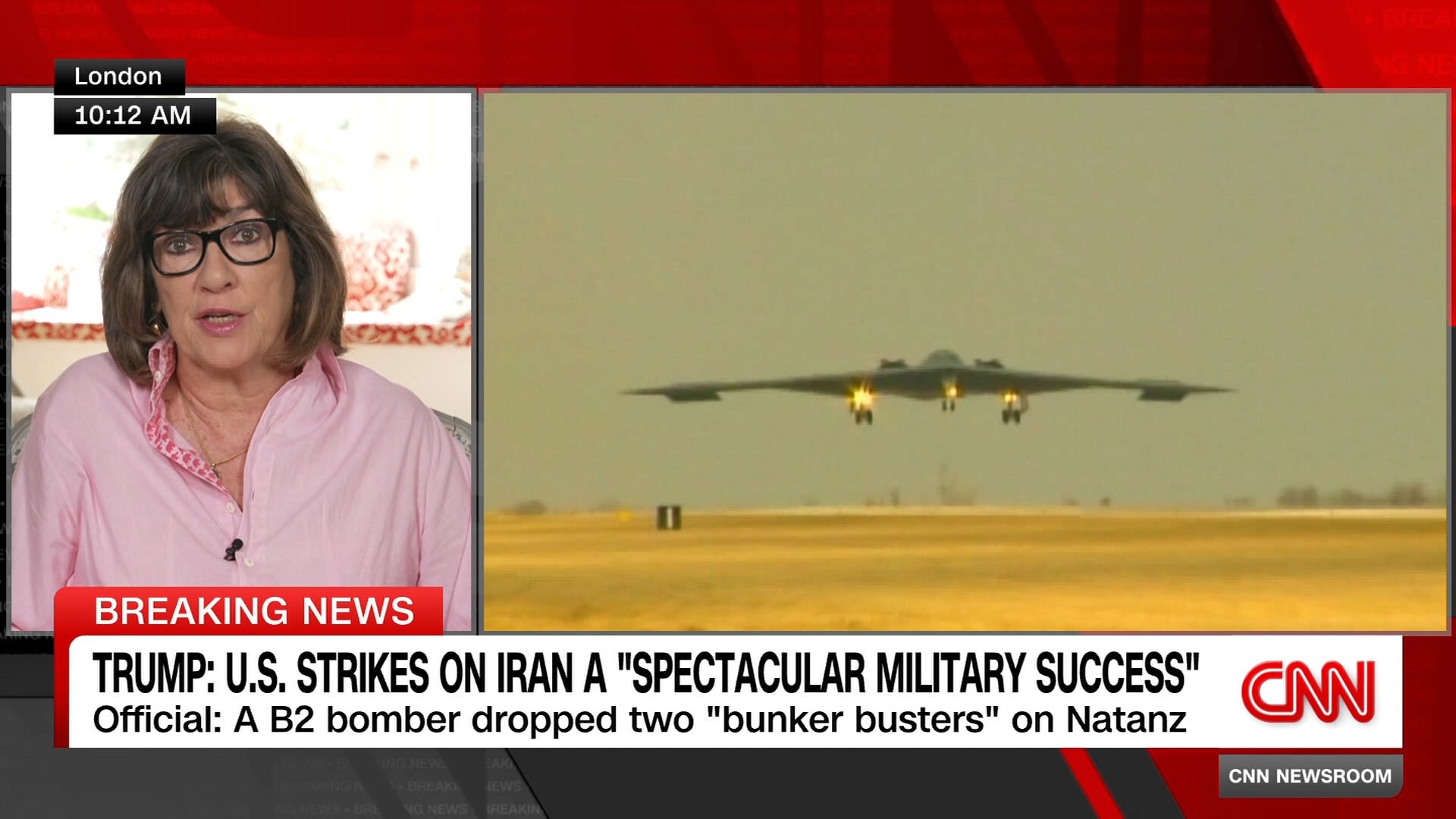- Asia
How 'laughing gas' became a deadly - but legal - American addiction
时间:2010-12-5 17:23:32 作者:Interviews 来源:Stocks 查看: 评论:0内容摘要:“Law enforcement arrested nine individuals considered likely responsible for the events. They are known to be members of a criminal cell of the Gulf Cartel,” Tamaulipas Attorney General Irving Barrios told a news conference.“Law enforcement arrested nine individuals considered likely responsible for the events. They are known to be members of a criminal cell of the Gulf Cartel,” Tamaulipas Attorney General Irving Barrios told a news conference.
Furthermore, Hammer had recently signalled that new sanctions were on the way for the island.But in the face of Friday’s reprimand, the State Department indicated it was undeterred and would continue to support dissidents against Cuba’s “malign influence”.

Lawyers for the six victims say ‘historic’ court decision recognises the plight of survivors who demanded justice for decades.A top Guatemalan court has sentenced three former paramilitaries to 40 years each in prison after they were found guilty of raping six Indigenous women between 1981 and 1983, one of the bloodiest periods of the Central AmericanThe conviction and sentencing on Friday mark another significant step towards attaining justice for the Maya Achi Indigenous women, who were sexually abused by pro-government armed groups, during a period of extreme bloodshed between the military and left-wing rebels that left as many as 200,000 dead or missing.

Former Civil Self-Defence Patrol members Pedro Sanchez, Simeon Enriquez and Felix Tum were found guilty of crimes against humanity for sexually assaulting six members of the Maya Achi group, Judge Maria Eugenia Castellanos said.“The women recognised the perpetrators, they recognised the places where the events took place. They were victims of crimes against humanity,” she said, praising the women’s bravery in coming to court to testify on repeated occasions.

“They are crimes of solitude that stigmatise the woman. It is not easy to speak of them,” the judge said.
Indigenous lawyer Haydee Valey, who represented the women, said the sentence was “historic” because it finally recognised the struggle of civil war survivors who hadthe tariffs will not last
Posting on X, formerly known as Twitter, on Thursday, lawyer Peter Harrell, a fellow at the Carnegie Endowment for International Peace, wrote that, if the trade court’s decision “is upheld, importers should eventually be able to get a refund of [IEEPA] tariffs paid to date. But the government will probably seek to avoid paying refunds until appeals are exhausted.″“The power to decide the level of tariffs resides with Congress. The IEEPA doesn’t even mention raising tariffs. And it was actually passed in order to narrow the president’s authority. Now the president is using it to rewrite the tariff schedule for the whole world,” Greg Schaffer, professor of international law at Georgetown Law School, told Al Jazeera.
The US trade court did not weigh in on tariffs put in place by other laws, such as the Trade Expansion Act – the law used to justify tariffs on steel, aluminium, and automobiles.There are additional targets for similar narrow tariffs, such as
- 最近更新
- 2025-07-07 11:16:55The Take: Will Trump’s Israel-Iran ceasefire really hold?
- 2025-07-07 11:16:55Tracking Ukraine’s battle against Russia in maps and charts
- 2025-07-07 11:16:55A room at Dishoom: the cult restaurant opens a tiny hotel
- 2025-07-07 11:16:55What has happened to Ukraine’s refugees?
- 2025-07-07 11:16:55guide Understanding Part D Prescription Plans
- 2025-07-07 11:16:55Women still occupy minority of senior legal roles despite progress at earlier stages
- 2025-07-07 11:16:55guide The Medicare Annual Enrollment Period
- 2025-07-07 11:16:55PM Shigeru Ishiba’s LDP defeated ahead of upper house vote next month
- 热门排行
- 2025-07-07 11:16:55celebrating the ninth birthday
- 2025-07-07 11:16:55Spain secures opt-out from new Nato spending goal, says Sánchez
- 2025-07-07 11:16:55allow you to adjust your full coverage
- 2025-07-07 11:16:55Wealth managers gear up to put UK savings into private assets
- 2025-07-07 11:16:55deadliest plane crash in the U.S
- 2025-07-07 11:16:55Gender gap in law at risk of widening amid diversity pullback
- 2025-07-07 11:16:55Aquasonic Black Series Ultra Whitening Toothbrush
- 2025-07-07 11:16:55A room at Dishoom: the cult restaurant opens a tiny hotel
- 友情链接
- Nature inFocus Photography Awards 2024: Leopards, sharks and spiders BBC arts broadcaster Alan Yentob dies aged 78 The world's most dangerous country for trade unionists French MPs vote to scrap low-emission zones Struggling DNA testing firm 23andMe to be bought for $256m Lilo and Stitch beat Tom Cruise in box office bonanza After its third failed mission - what next for SpaceX? Festival event to mark Austen's 250th birthday Drinking water shortage in decade without new reservoirs, minister says Tropical forests destroyed at fastest recorded rate last year Wetlands founder 'wouldn't recognise' site today Authors support BBC campaign to improve literacy Bafta win a 'great way to say farewell' to Nessa BBC joins Gaza children as they are evacuated to Jordan for treatment UK exposes Russian cyber campaign targeting support for Ukraine Islanders lack trust in politics, survey finds Sunniest spring on record for Wales, says Met Office A revolution is under way in India's trainer industry US green energy firms brace for federal funding cuts Temu's Chinese owner sees profits plunge as trade war bites Islanders lack trust in politics, survey finds Trump administration seeks to pull estimated $100m in Harvard funding Smokey Robinson files $500m case against rape accusers Texas governor signs online safety law in blow to Apple and Google National parking platform seeks to end 'hassle' of multiple parking apps Giant's Causeway visitors urged not to jam coins into iconic rocks Who should you trust for a weather forecast? Writers denounce Israel's 'genocidal' actions in Gaza and call for ceasefire Controversial solar farm plans approved by council Ukraine in maps: Tracking the war with Russia
